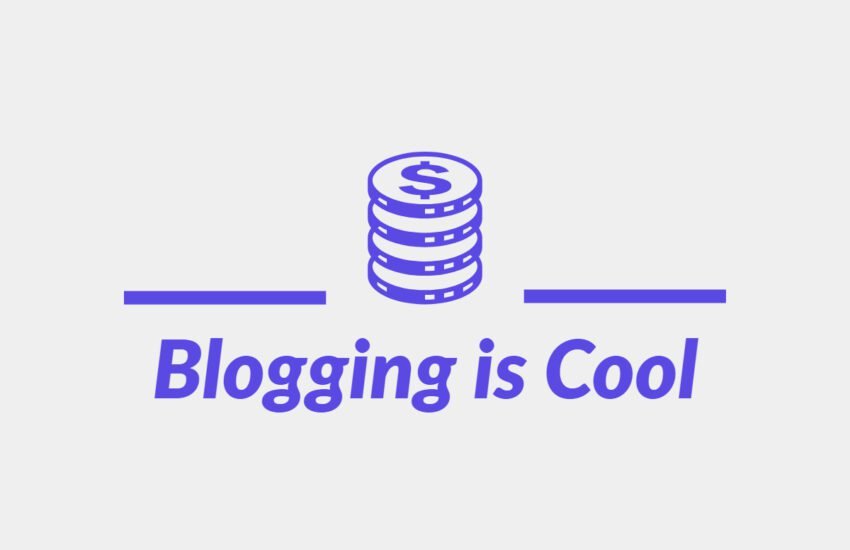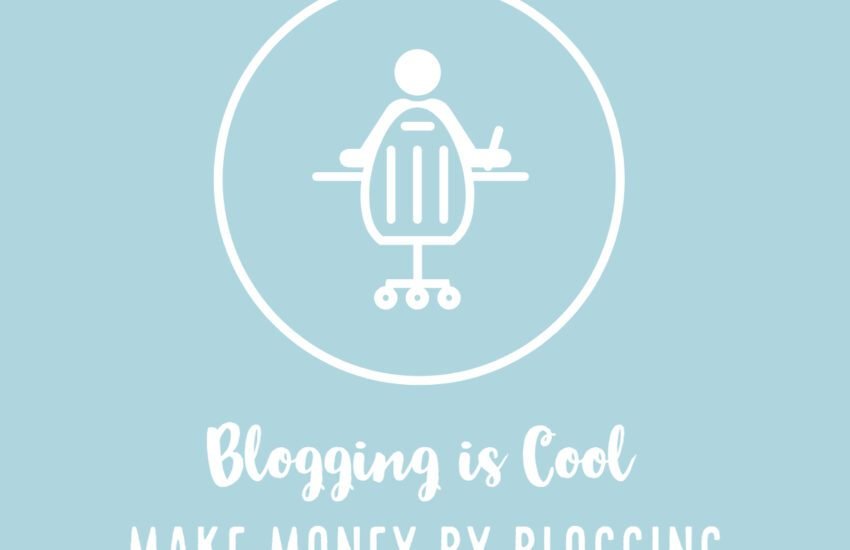The Pitfalls of Buying Links and Why You should avoid it
- Manipulating Search Algorithms by Buying Links
- Shadowy Practice of Buying Links
- Short Term Gains of Buying Links
- Expensive Practice of Buying Links
- Link Exchanges Better than Buying Links?
- Google Can Sniff out Artificial Link Patterns
- Take the High Road and Avoid Buying Links?
- Risks of Buying Links Outweigh the Rewards
- The Pitfalls of Link Buying
- Alternative Strategies
- Conclusion
- Frequently Asked Questions
- 1. What is link buying, and how does it work?
- 2. Is link buying an effective SEO strategy?
- 3. What are the risks of engaging in link buying?
- 4. How can I identify if a website is selling links?
- 5. Are there any legitimate alternatives to link buying for improving SEO?
- 6. How long does it take to see results from link building efforts?
- 7. Can I remove bad links that I’ve purchased to avoid penalties?
- 8. What are the consequences of Google penalties for link buying?
- 9. How much does it cost to buy backlinks?
- 10. What are some alternatives to paid link building for improving SEO?
Manipulating Search Algorithms by Buying Links
In the vast expanse of the digital realm, where information flows freely and websites jostle for attention, the quest for visibility reigns supreme.
At the heart of this quest lies the enigmatic world of Search Engine Optimization (SEO), a landscape where businesses vie for the top spots on search engine results pages (SERPs).
While SEO holds the promise of unlocking unparalleled online exposure, it also harbors a darker side – one riddled with shortcuts, dubious tactics, and the allure of manipulating search algorithms.
Shadowy Practice of Buying Links
Central to this shadowy realm is the practice of buying links – a strategy as old as it is controversial. In the pursuit of higher search rankings, some are willing to pay a hefty sum to secure backlinks from high-authority websites.
The logic is simple: the more inbound links pointing to a site, the more credible and authoritative it appears to search engines like Google. However, beneath the surface lies a treacherous landscape fraught with risks and consequences.
Short Term Gains of Buying Links
Paying for links is akin to treading on thin ice in the world of SEO.
While it may yield short-term gains in visibility, it often comes at a steep price. Google, the undisputed gatekeeper of the internet, takes a dim view of such manipulative tactics.
Its algorithms are designed to detect and penalize websites that engage in link schemes, relegating them to the murky depths of search results or, in severe cases, banishing them altogether.
Expensive Practice of Buying Links
Yet, despite the looming threat of penalties, the allure of quick wins continues to entice many into the murky waters of link buying. For those willing to venture down this path, a well-funded endeavor awaits.
A concerted effort is required to identify and procure backlinks, often involving the services of a link builder armed with connections and expertise.
Costs can escalate quickly, with prices ranging from $500 to $1000 for a mere handful of backlinks.
Link Exchanges Better than Buying Links?
Even for those who shy away from outright link buying, alternative strategies abound, each with its own set of risks and challenges.
Link exchanges, for instance, offer a semblance of legitimacy by exchanging links with other websites.
However, navigating this terrain requires a deft touch and a considerable investment of time and resources. Paid tools or dedicated personnel may be necessary to identify potential exchange partners and negotiate mutually beneficial arrangements.
Google Can Sniff out Artificial Link Patterns
At the heart of these strategies lies the notion of manipulating the digital ecosystem to one’s advantage – a practice that flies in the face of Google’s vision for a fair and equitable internet.
The search giant’s algorithms are constantly evolving, becoming increasingly adept at sniffing out artificial link patterns and penalizing those who attempt to game the system.
Take the High Road and Avoid Buying Links?
Yet, amidst the sea of manipulation and deceit, a glimmer of hope emerges for those willing to take the high road.
Ethical SEO practitioners understand that true success lies not in gaming the system, but in creating genuine value for users. Quality content, organic outreach, and fostering authentic relationships with other websites are the cornerstones of a sustainable SEO strategy.
Risks of Buying Links Outweigh the Rewards
In the end, the soft underbelly of the internet serves as a cautionary tale for those who would seek to exploit its vulnerabilities for personal gain.
While the allure of quick wins may be tempting, the risks far outweigh the rewards. As the digital landscape continues to evolve, it is those who embrace transparency, integrity, and a commitment to quality that will ultimately prevail in the battle for online supremacy.
The Pitfalls of Link Buying
Risks and Consequences
Link buying, while promising quick gains, often leads to dire consequences. Google’s algorithms are designed to detect and penalize manipulative tactics, including paid links.
Websites caught engaging in such practices risk plummeting in search rankings or even being deindexed entirely, effectively erasing their online presence.
The penalties can be severe and long-lasting, undoing years of hard work and investment in building a reputable online presence.
Financial Costs
The financial costs of link buying can be substantial. Securing backlinks from high-authority websites often requires a significant investment, with prices ranging from hundreds to thousands of dollars per link.
For businesses operating on tight budgets, this expense can quickly become prohibitive, especially considering the uncertain returns and the looming threat of penalties.
Ethical Considerations:
Beyond the financial and practical concerns, there are also ethical considerations to weigh. Link buying undermines the principles of fairness and transparency that underpin the internet.
By artificially inflating their perceived authority, websites engaging in link schemes deceive both users and search engines, eroding trust and integrity in the digital ecosystem.
Alternative Strategies
Organic Outreach
A more sustainable approach to link building involves organic outreach and relationship building.
Rather than paying for links, website owners can focus on creating valuable content that naturally attracts backlinks from other websites.
This approach requires patience and perseverance but yields more authentic and long-lasting results.
Content Creation
Quality content lies at the heart of any successful SEO strategy. By creating compelling and informative content, website owners can attract organic traffic and earn backlinks from reputable sources.
Investing in content creation pays dividends in the form of improved search rankings, increased visibility, and enhanced brand reputation.
Relationship Building:
Building genuine relationships with other website owners and industry influencers is key to earning backlinks organically.
Networking, participating in online communities, and engaging in collaborative projects can help foster connections that lead to valuable link opportunities.
These relationships are built on trust and mutual respect, making them far more valuable than any paid link.
Conclusion
The soft underbelly of the internet is a cautionary tale of the risks and pitfalls inherent in manipulative SEO tactics. While link buying may offer short-term gains, the consequences far outweigh the benefits.
Instead, website owners should focus on ethical and sustainable strategies that prioritize quality content, organic outreach, and genuine relationship building.
By embracing transparency, integrity, and a commitment to providing value, they can navigate the ever-changing digital landscape with confidence and integrity.
Frequently Asked Questions
1. What is link buying, and how does it work?
Link buying involves purchasing backlinks from other websites with the intention of improving search engine rankings.
Typically, this transaction involves paying the owner of a high-authority website to include a link to your site within their content or on their page.
These links are meant to signal to search engines like Google that your site is reputable and authoritative, thus boosting its visibility in search results.
However, this practice is against Google’s guidelines and can result in penalties if detected.
2. Is link buying an effective SEO strategy?
While link buying may yield short-term improvements in search rankings, it is not an effective long-term SEO strategy.
Google’s algorithms are sophisticated enough to detect manipulative tactics like paid links, and websites engaged in such practices risk severe penalties, including being removed from search results entirely.
Instead, focusing on creating high-quality content and earning organic backlinks through genuine relationships is a more sustainable approach to SEO.
3. What are the risks of engaging in link buying?
The risks of link buying are significant and multifaceted. Firstly, there’s the risk of incurring penalties from search engines like Google, which can severely impact a website’s visibility and traffic.
Additionally, there’s the potential damage to a website’s reputation and credibility, as engaging in manipulative SEO tactics undermines trust with both users and other websites.
Finally, there’s the financial risk, as link buying can be expensive and may not yield the desired results.
4. How can I identify if a website is selling links?
Identifying websites that sell links can be challenging, as many are discreet about their practices. However, there are some telltale signs to watch for.
Look for websites with an unusually high number of outbound links, particularly if they are unrelated to the site’s content. Additionally, be wary of websites that offer to include links in existing content for a fee or prominently feature sponsored content.
Conducting thorough research and vetting potential link partners can help mitigate the risk of engaging with sites that sell links.
5. Are there any legitimate alternatives to link buying for improving SEO?
Yes, there are several legitimate alternatives to link buying that can improve SEO.
These include creating high-quality, relevant content that naturally attracts backlinks from other websites, engaging in organic outreach and relationship building to earn links, optimizing on-page elements like meta tags and headers, and improving site speed and user experience.
Additionally, participating in industry forums, guest blogging, and leveraging social media can help increase visibility and drive traffic to your site without resorting to manipulative tactics.
6. How long does it take to see results from link building efforts?
The timeline for seeing results from link building efforts can vary depending on a variety of factors, including the competitiveness of your industry, the quality of your content, and the effectiveness of your outreach efforts.
In general, it can take several weeks to several months to see noticeable improvements in search rankings and organic traffic as a result of link building.
Consistency and patience are key, as building a robust backlink profile and earning the trust of search engines takes time and sustained effort.
7. Can I remove bad links that I’ve purchased to avoid penalties?
Yes, it is possible to remove bad links that you’ve purchased in order to avoid penalties from search engines. This process, known as link detoxification or link pruning, involves identifying and disavowing or removing low-quality or spammy backlinks from your site’s backlink profile.
Tools like Google’s Disavow Links tool can help you identify and disavow harmful links, while reaching out to website owners directly to request removal of links may also be effective.
Regularly monitoring your backlink profile and taking proactive steps to remove or disavow harmful links can help protect your site from penalties and maintain its credibility with search engines.
8. What are the consequences of Google penalties for link buying?
The consequences of Google penalties for link buying can be severe and far-reaching. Websites caught engaging in manipulative link schemes may be penalized in a variety of ways, including a drop in search rankings, a decrease in organic traffic, or being removed from search results entirely.
These penalties can have a significant impact on a website’s visibility, credibility, and ultimately, its bottom line.
Additionally, recovering from Google penalties can be a lengthy and challenging process, requiring substantial time and effort to address the underlying issues and regain trust with search engines.
9. How much does it cost to buy backlinks?
The cost of buying backlinks can vary widely depending on a variety of factors, including the authority and relevance of the linking site, the placement of the link, and the quality of the content surrounding the link.
In general, prices for backlinks can range from a few dollars to several hundred or even thousands of dollars per link.
However, it’s important to note that while buying backlinks may seem like a quick and easy way to improve SEO, the risks and consequences far outweigh any potential benefits.
10. What are some alternatives to paid link building for improving SEO?
There are several legitimate alternatives to paid link building that can improve SEO without resorting to manipulative tactics.
These include creating high-quality, relevant content that naturally attracts backlinks from other websites, engaging in organic outreach and relationship building to earn links, optimizing on-page elements like meta tags and headers, and improving site speed and user experience.
Additionally, participating in industry forums, guest blogging, and leveraging social media can help increase visibility and drive traffic to your site without risking penalties from search engines.


